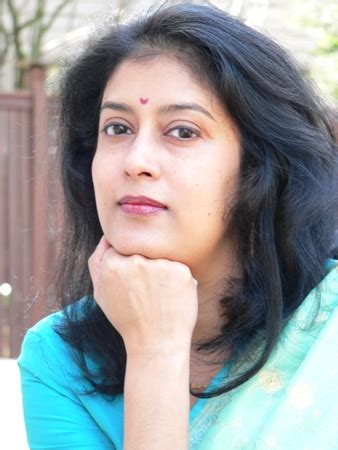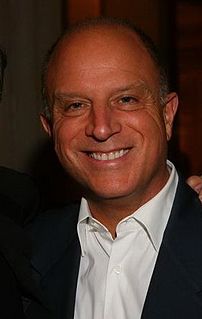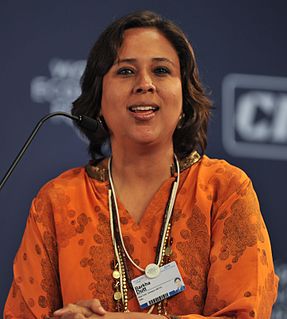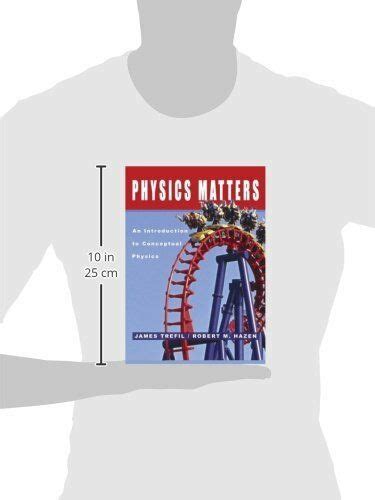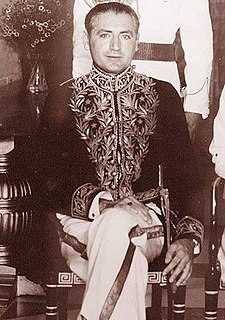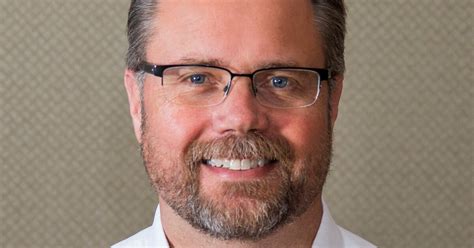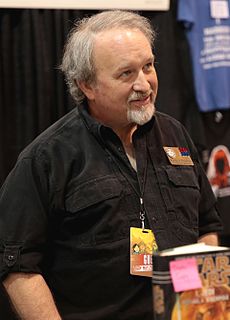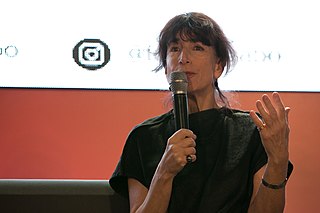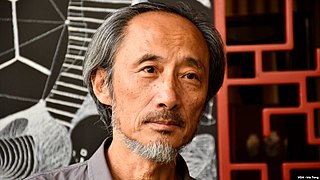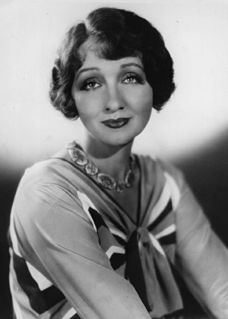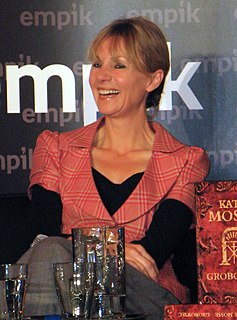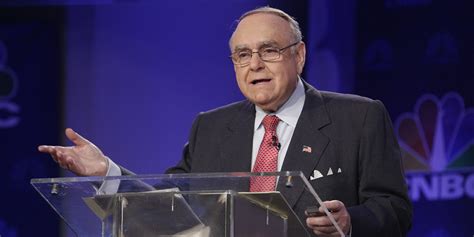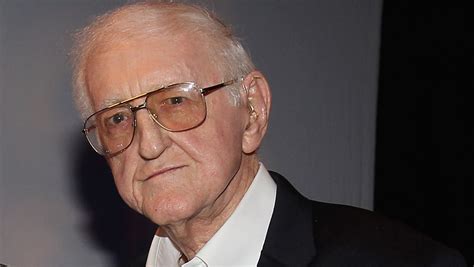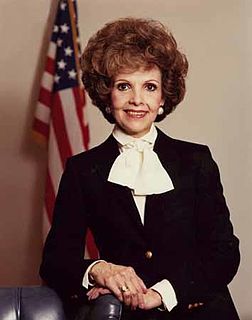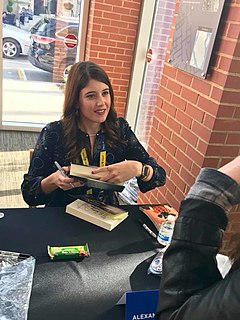Top 1186 Authors Quotes & Sayings - Page 15
Explore popular Authors quotes.
Last updated on December 25, 2024.
This great Mughal Emperor [Akbar] was illiterate; he could neither read nor write. However, that had not stopped Akbar from cultivating the acquaintance of the most learned and cultured poets, authors, musicians, and architects of the time - relying solely on his remarkable memory during conversations with them.
When I'm dead, I wanna leave a body of work, like authors or great painters do. I don't wanna get ideas above my station, but why shouldn't this be comparable? Pop music was supposed to be a flash in the pan, but here we are 50 years later, and it means something to us, and it always will do. It's incredibly important.
For almost half a century, Fermilab has occupied center stage as physicists have sought to understand the fundamental structure of the universe. The lab deserves a good history, and I'm happy to say that in this book it has one. The authors present a compelling, nuanced, and richly detailed account of the place from its beginnings to the present.
The general public doesn't expect romance authors to be Harvard graduates. Which is funny, because there are actually quite a lot of us. But this disconnect means that journalists see me as an interesting story. The tricky part is making sure they understand that there are many, many talented writers who don't have 'fancy' educations.
If the federal government has the exclusive right to judge the extent of its own powers, warned the Kentucky and Virginia resolutions' authors (James Madison and Thomas Jefferson, respectively), it will continue to grow - regardless of elections, the separation of powers, and other much-touted limits on government power.
As for the multiple editions, in the case of a truly great writer - Shakespeare, Emily Dickinson, Proust, someone with a canon - there is often a "variorum" edition of the work that presents its variants. I think publishing most other writing that way would be impossible, economically, for publishers, and very ill-advised for authors.
After the Tiananmen Massacre, I felt compelled not only to continue writing but to actively resist the restrictions placed on freedom of speech. I set up the publishing company in Hong Kong, with offices in Shenzhen in mainland China, and managed to publish works of fiction, philosophy, and politics by unapproved authors.
Those of us who know the transporting wonder of a reading life know that it little matters where we are when we talk about books or meet authors or bemoan the state of publishing because when we read, we are always inside, sheltered in that interior room, that clean, well-lighted, timeless place that is the written word.
Entertainment must be a satisfying emotional experience, a stirring of the heart. We need all kinds of young men and women. Those people with an artist's eye and an executive's brain that we term directors. Those wrestlers with their souls and typewriters known as authors. The beggars on horseback called actors and actresses.
I hate to think of a day where a compelling book or a compelling authorial voice would be lost simply because that person doesn't have a Web site. But I think that, to use the Internet in a positive way, to turn people on to reading, is something that authors shouldn't really shy away from necessarily.
Authors of light pieces have, nobody knows why, a genius for getting into minor difficulties: they walk into the wrong apartments, they drink furniture polish for stomach bitters, they drive their cars into the prize tulip beds of haughty neighbors, they playfully slap gangsters, mistaking them for old school friends.
An outstanding addition to the volumes written on value investing. Not only do the authors offer their own valuable insights but they have provided in one publication invaluable insights from some of the most accomplished professionals in the investment business. I would call this publication a must-read for any serious investor.
I can only tell you that eggs, country ham, biscuits, a pot of coffee, a morning paper, a table by the window overlooking the veranda and putting green, listening to the idle chitchat of competitors, authors, wits and philosophers, hasn't exactly been a torturous way to begin each day at the Masters all these years.
Why are we reading a Shakespeare play or 'Huckleberry Finn?' Well, because these works are great, but they also tell us something about the times in which they were created. Unfortunately, previous eras and dead authors often used language or accepted as normal sentiments that we now find unacceptable.
Book sales and teens reading is always a fantastic thing, but we should also be celebrating and consuming the huge wealth of U.K. and U.K.-based writing and illustrating talent. Authors such as Charlie Higson, Darren Shan, Holly Smale, Tanya Byrne, Catherine Johnson, Sophie Mckenzie, to name but a few.
There were authors I read as an adult who completely inspired me. But when I was a teenager, I got to hang out with Tom Stoppard for a bit. My mum was his wife's secretary. He was obviously super smart, but he was also approachable and normal. I think he was the first person I'd ever met who I'd thought, 'Oh, I see. There's a living in this.'
